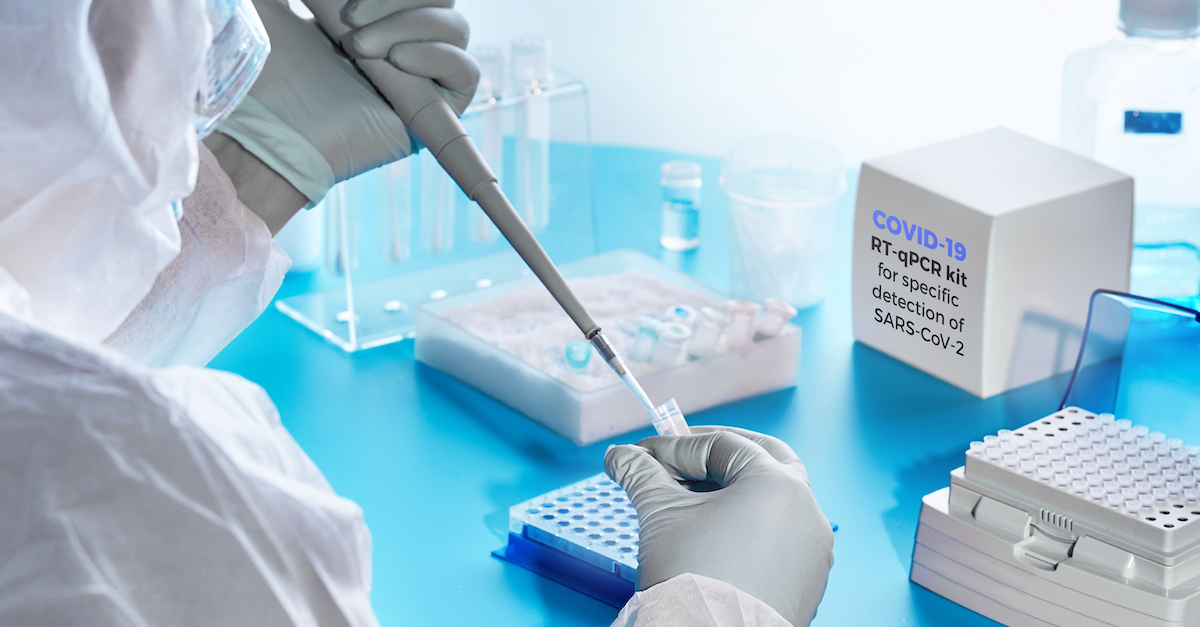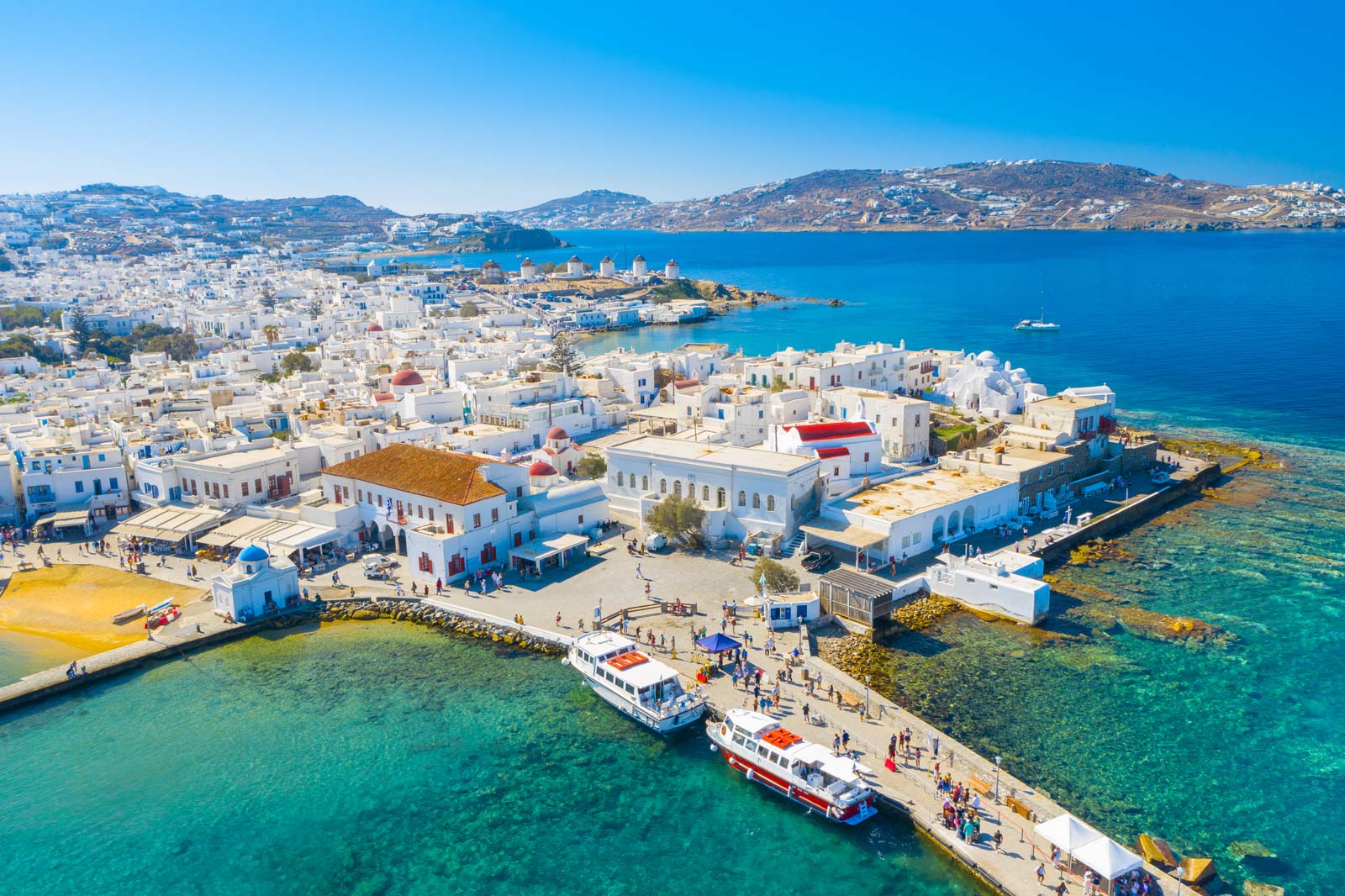Ocean Waters in Florida Too Warm for Swimming
Compared to a hot summer day in Hawaii, where the waters are 26.5°C / 79.7°F today, Global Warming is catching up with the Sunshine State. As “unprecedented heat waves and escalating water temperatures” cause “a massive coral bleaching event,”,...

Compared to a hot summer day in Hawaii, where the waters are 26.5°C / 79.7°F today, Global Warming is catching up with the Sunshine State.
As “unprecedented heat waves and escalating water temperatures” cause “a massive coral bleaching event,”, University of South Florida (USF) researchers moved 1,500 coral specimens to tanks on land Monday.
It’s important: Coral reefs shelter 25% of ocean species and support half a billion humans.
South Florida and the Florida Keys have record-high ocean temperatures. Tampa Bay meteorologist Jeff Berardelli reported a probable record 101°F sea surface temperature on Monday.
This region has the highest NOAA coral bleaching alert.
The situation: USF’s Keys Marine Laboratory, administered by the Florida Institute of Oceanography, is hosting coral specimens gathered from offshore nurseries and parent colonies in the previous week.
USF says several of KML’s 60 tanks’ corals are uncommon and endangered.
The USF says the facility “has the capacity to house thousands more as the coral bleaching event is expected to continue” with tanks from 40 to 1,000 gallons.
“Typically, water temperatures at this time of year are in the mid-80s, but Florida is already recording temperatures of 90 degrees, KML director Cynthia Lewis told local media. “It is very alarming.”
The Coral Restoration Foundation’s 10-year-old restoration site in the Florida Keys, Sombrero Reef, showed the consequences of severe temperatures on Thursday.
What was found was unimaginable—100% coral mortality. Almost all corals in the Lower Keys Looe Key Nursery were lost.
According to NOAA, coral bleaching occurs when corals expel algae from their tissues in warm water. Die-offs may result.
Heat domes increase water temperatures by clearing the sky and warming the air.
Climate change is making land and ocean heat waves more intense and longer-lasting.
The USF expects corals to stay in land-based systems for months, with some being bred there.
“If we are not adapting to climate change, we’re doomed“, was a story eTurboNews published about Seychelles. This is now becoming a global reality.
Once these historically high water temperatures return to normal, USF scientists in partnership with restoration practitioners across the Keys can return corals back to their off-shore nurseries and ultimately their natural environment, reattaching them to reefs using epoxy, cement, zip ties, and nails.
Ocean Waters in Florida Too Warm for Swimming
Copyright: eTurboNews | eTN – World Travel & Tourism Industry News

 AbJimroe
AbJimroe 































